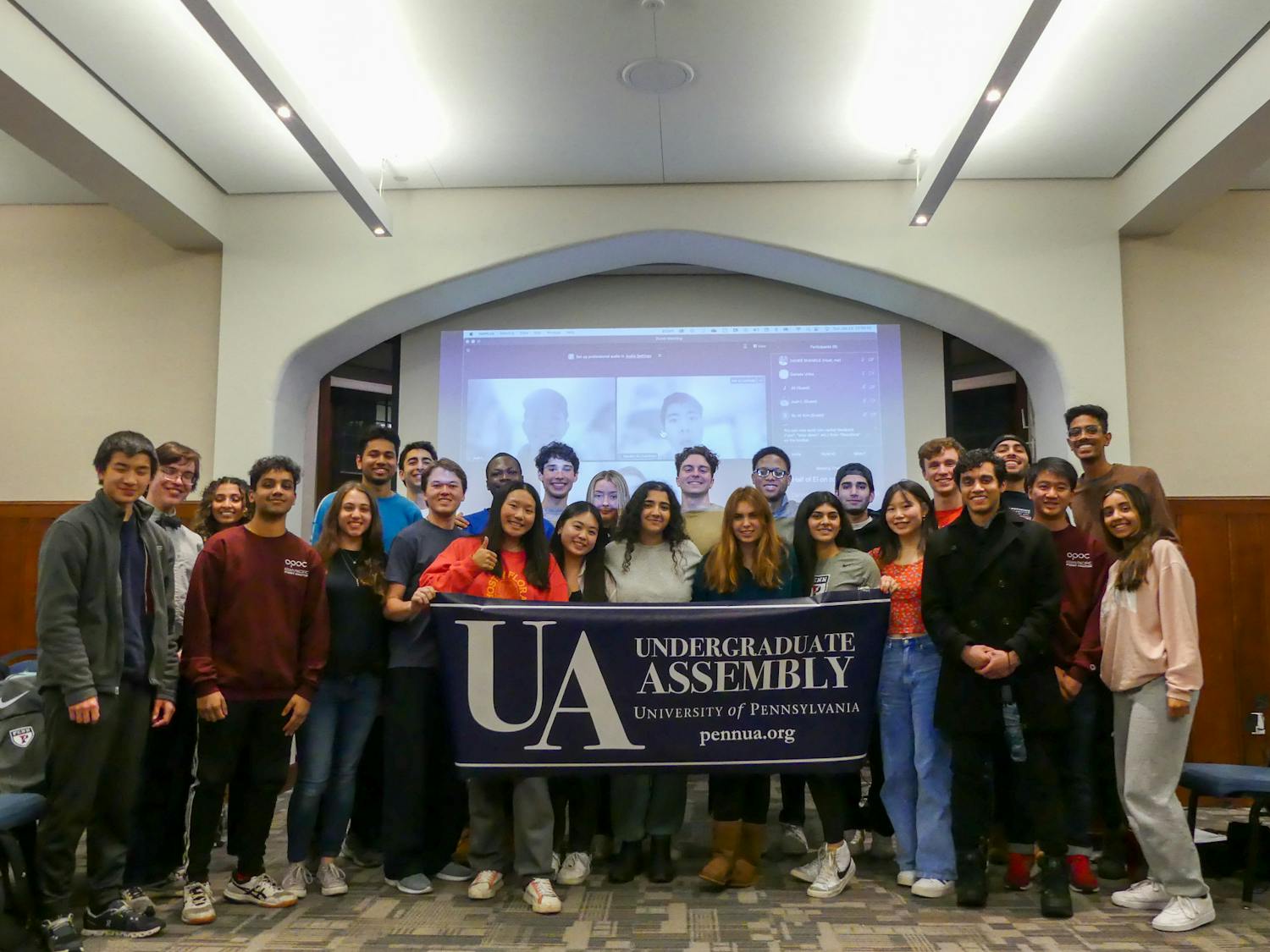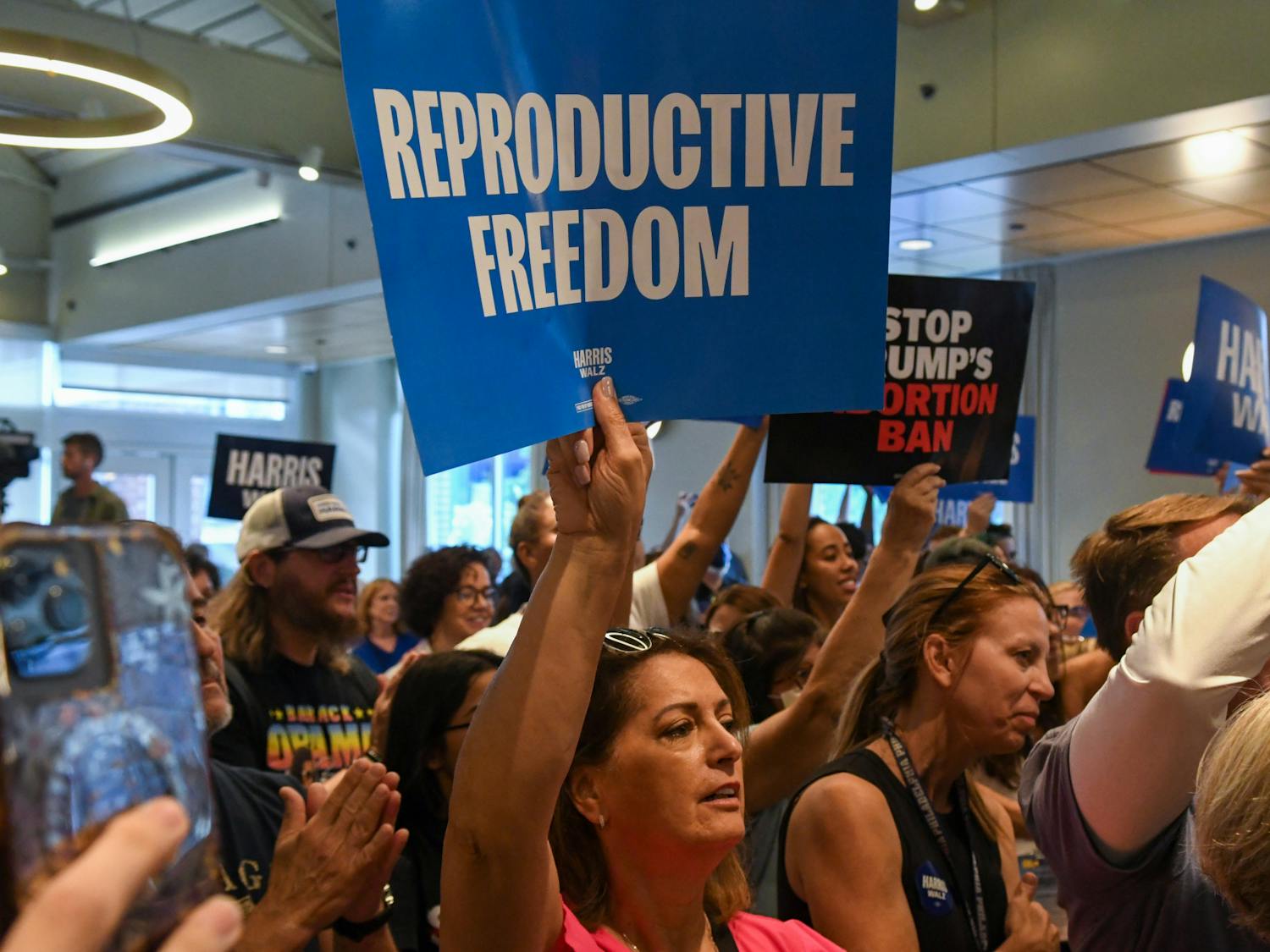The eye above the pyramid has the curved, squinted demeanor of men who have learned the scent of human weakness and love to hunt it down. The yellow gaze is on North Africa and the Middle East, most of South Asia and all of China, which turn white to reflect the glare. The company name rests above it all, in the northeastern part of the screen: DARPA. At the bottom, moving between the points on which the image balances, it says: "Scientia Est Potentia."
Knowledge, this means, is power.
DARPA is an acronym for Defense Advanced Research Projects Agency. The agency's primary function is to help America maintain its grip on the world, and so now, DARPA is hard at work on a project they've subtly named "Total Information Awareness" (since changed to "Terrorism Information Awareness"). According to the DARPA Web site, the goal of this project is, surprisingly, "to achieve total information awareness."
In other words, it's DARPA's prerogative to learn how to spy on everyone, everywhere, all of the time. To do this, they have created an Information Awareness Office, whose original logo (since made less menacing) I described above.
It's the IAO's job to recruit the very best minds in database and surveillance technology, get them together with all of the commercial collectors of consumer information and build a system that centralizes everything there is to know about everyone into one uber-genius computer. This uber-genius computer will then be programmed to filter through all of the constantly incoming data about absolutely all of us and look for signs of "terrorist activity."
In practice, this means that 35 years from now, your son, Thomas R. Penn Student III, will walk past one of the surveillance cameras in the now entirely gentrified area of University City, and somewhere it will register that Penn student Thomas R. III was seen at 34th and Locust at 10:21 a.m. on Friday, Sept. 24th, 2038.
If Thomas had, say, recently returned from a summer vacation in Syria, where he'd read some anti-patriotic literature or Al Franken's latest book (after purchasing them with his optically activated PennCard at the Penn Bookstore), these facts would also register somewhere, and all these bits of data would be linked under Thomas' file. In his file would also be his medical history, the names and politics of his closest friends, his iris patterns, facial structure and his current location, courtesy of his GPS-equipped Verizon phone.
If Thomas' behavioral patterns, literary preferences, expenditures and penchants for Paxil happened to correlate with the uber-computer's notion of "terrorist activity," Thomas would likely get a courtesy call from the Feds.
The above scenario isn't some strange, science-fiction concept that only the paranoid wack-jobs who read too much futuristic shit could cook up.
This is happening.
Some precedents to consider:
In frequently crossed intersections in Manhattan, cameras aim at your license plates. EZ Pass will soon monitor every single tollbooth lane. More importantly, the people at the IAO are developing radars to identify you from a distance by the way you walk, by the structure of your skull, by the way beams of light reflect off your eyes.
How many cameras did you walk past this week? How many times did you ask what this meant?
This is not a simple question.
There is no doubt that this war with terrorism is going to get uglier; the balance between freedom and security is going to tip. But is a society with Total Information Awareness really what we want?
A clever friend of mine argued that since she wouldn't be doing anything wrong (like plotting to flatten Manhattan), she wouldn't care that much if the government pried into her head.
And maybe she's right: if local attacks of mass destruction start to become increasingly probable (which they will) or one occurs (which it might), wouldn't it be better if the technological infrastructure existed to spot potential terrorists, even if this involves the assumption that a potential terrorist is you?
The answer, sadly, is yes.
But there are a whole host of problems. The first and most obvious revolves around error. As statistician Bobby Gladd points out in a Salon.com article from last year, even if the engineers of TIA miraculously find a way to reduce error to one-tenth of 1 percent, 240,000 Americans will be erroneously tagged. A more probable margin is 10-15 percent. You do the math.
The bigger, more insidious problem is the nature of technology: over the long term, it spreads. Even if the U.S. can somehow make totally invasive surveillance and democracy coexist, less democratically inclined nations won't even bother to try.
So the obvious solution is to not get smallpoxed or nuked. Which is why international institutions need to be strengthened (not ignored or insulted); which is why we have to cease pissing people off.
Which is why George W. Bush has to be stopped.
Do the math.
Dan Kaplan is a senior History major from New York City.








